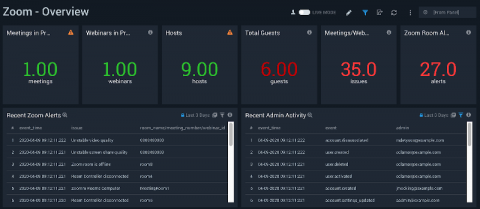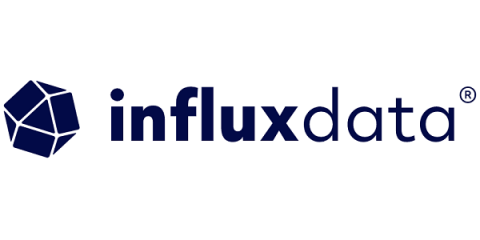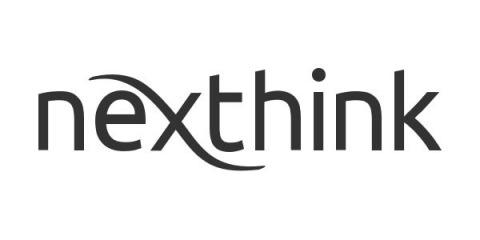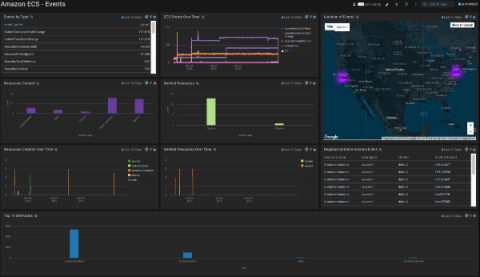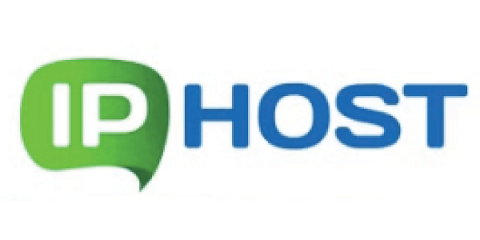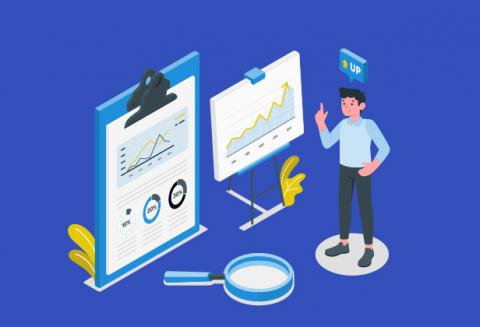Operations | Monitoring | ITSM | DevOps | Cloud
Latest News
What Is "Real Browser" Testing? (And Why Is It Different?)
There are two ways to test software. The first and most obvious is to simply allow users to test functionality by using the software as it was intended. This is the method likeliest to produce the most useful and practical results. The other method is by automating testing. This requires a second piece of software designed to provide input and analyze output from the original application.
Getting Started with JavaScript and InfluxDB 2.0
With 200+ plugins, Telegraf has a wide variety of methods for scraping, writing, and querying data to and from InfluxDB. However, sometimes users need to perform data collection outside of the capabilities of Telegraf. Perhaps they need to collect custom data and monitor application performance. Maybe they want to take advantage of external tools and libraries to create beautiful web-based visualizations for their users.
What 700+ IT Operations Pros Learned about Improving the Remote Work Digital Experience
Missed our webinar on remote work digital experience? Watch the recording here. It’s no secret that many IT departments are scrambling to support hundreds, and in some cases, thousands of new remote workers. Last week over 700 IT Operations leaders and professionals registered for our Remote Work digital experience webinar because right now these people are facing unprecedented pressure to keep their companies productive and their employees free of technology disruptions.
Staying Focused on Digital Transformation During Covid-19
CIOs and other IT leaders know the importance of having a well-oiled machine to support the vast requirements of the business. Not having a Google-like experience of an always-up, always-fast, easy to use technology ecosystem can be a competitive disadvantage. More pressing is that while most businesses want to reinvent, through digital transformation or other methods, these large-scale efforts fail 70% of the time.
How to Monitor Amazon ECS
Universal security and network monitoring rules for everyday use
It’s no secret that information threats appear in numbers nowadays. It may be time to refresh some typical rules, tested by years of practice worldwide, to make your monitoring setups as up-to-date as possible. None of these rules are cast in iron; they are all flexible enough to adapt to any given environment. What matters is underlying idea; the implementation is what makes them suitable for custom needs.
IT Service Management Trends to Watch Out for in 2020
ITSM is a hot topic for people who manage IT infrastructure. There are new developments coming out every few months that tend to show where the industry is headed. ‘Automation’ has been all the craze for the past few years, yet it is still quite relevant even today. Then there is ‘digital transformation’, another significant industry jargon that gets thrown around a lot. Last year was all about the release of ‘ITIL V4’ – a major step towards the future.
How to effectively manage your AWS costs
Often, when companies are new to Amazon Web Services (AWS), they aren’t focused much on the cost. They’re more likely fixated on taking advantage of the scalability and flexibility offered by the cloud. As a company’s AWS cloud infrastructure grows, it will find that its cloud costs grow as well. As the number of AWS accounts increases over time, there’s a higher chance of overspending on unnecessary cloud resources.
Monitoring critical business applications while working remotely
With a huge number of employees around the globe working remotely during the COVID-19 pandemic, delivering uninterrupted business services to customers has become a major challenge. This requires strict monitoring of all critical business applications in order to accommodate an increased amount of requests, which can cause a critical downtime if not monitored appropriately.


